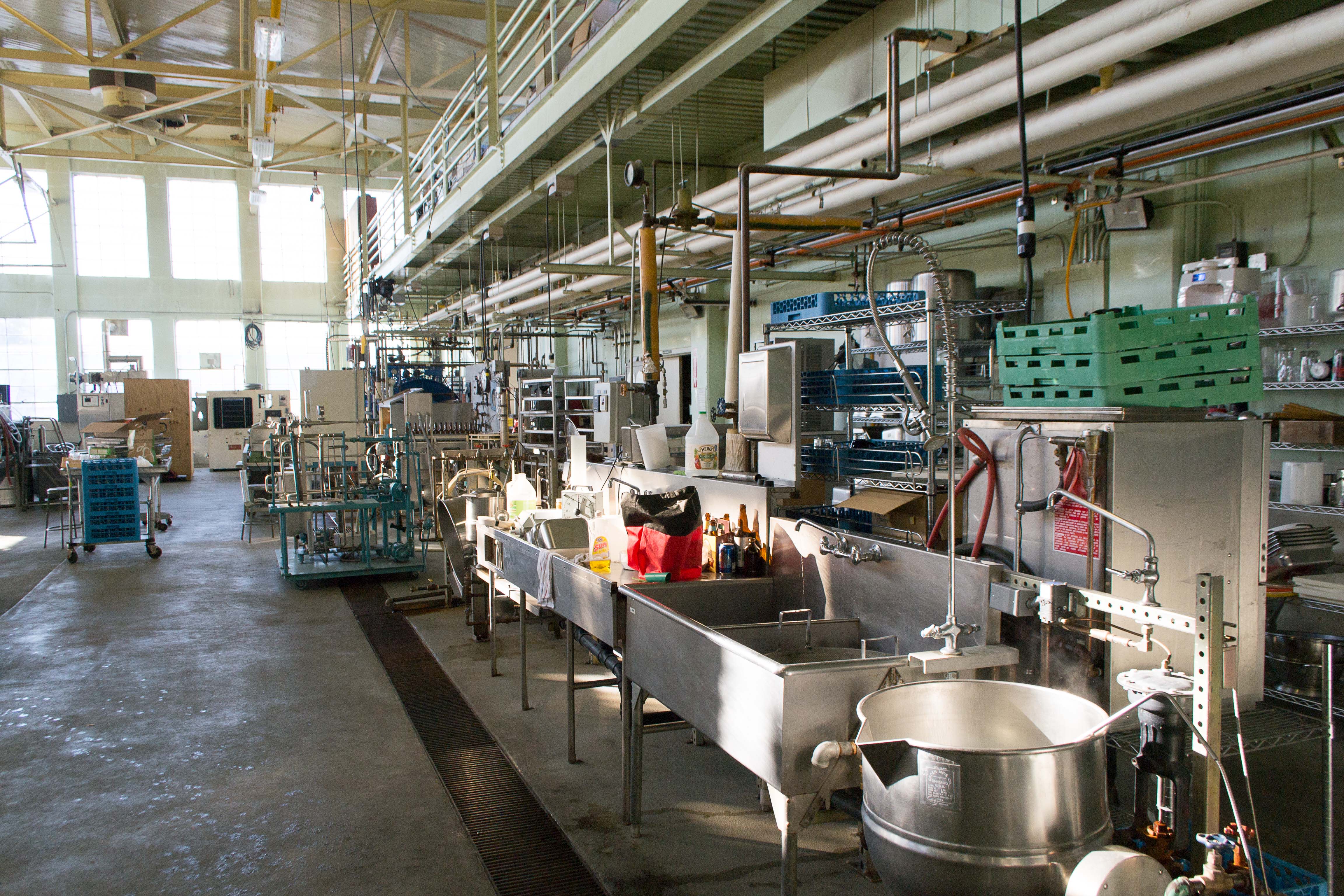
Photo from academic.microsoft.com
Alterations in the gut microbiota composition play a crucial role in the pathogenesis of inflammatory bowel disease (IBD) as specific commensal bacterial species are underrepresented in the microbiota of IBD… Click to show full abstract
Alterations in the gut microbiota composition play a crucial role in the pathogenesis of inflammatory bowel disease (IBD) as specific commensal bacterial species are underrepresented in the microbiota of IBD patients. In this study, we examined the therapeutic potential of three commensal bacterial species, Faecalibacterium prausnitzii (F. prausnitzii), Roseburia intestinalis (R. intestinalis) and Bacteroides faecis (B. faecis) in an in vitro model of intestinal inflammation, by using differentiated Caco-2 and HT29-MTX cells, stimulated with a pro-inflammatory cocktail consisting of interleukin-1β (IL-1β), tumor necrosis factor-α (TNFα), interferon-γ (IFNγ), and lipopolysaccharide (LPS). Results obtained in this work demonstrated that all three bacterial species are able to recover the impairment of the epithelial barrier function induced by the inflammatory stimulus, as determined by an amelioration of the transepithelial electrical resistance (TEER) and the paracellular permeability of the cell monolayer. Moreover, inflammatory stimulus increased claudin-2 expression and decreased occludin expression were improved in the cells treated with commensal bacteria. Furthermore, the commensals were able to counteract the increased release of interleukin-8 (IL-8) and monocyte chemoattractant protein-1 (MCP-1) induced by the inflammatory stimulus. These findings indicated that F. prausnitzii, R. intestinalis and B. faecis improve the epithelial barrier integrity and limit inflammatory responses.
Journal Title: Nutrients
Year Published: 2020
Link to full text (if available)
Share on Social Media: Sign Up to like & get
recommendations!